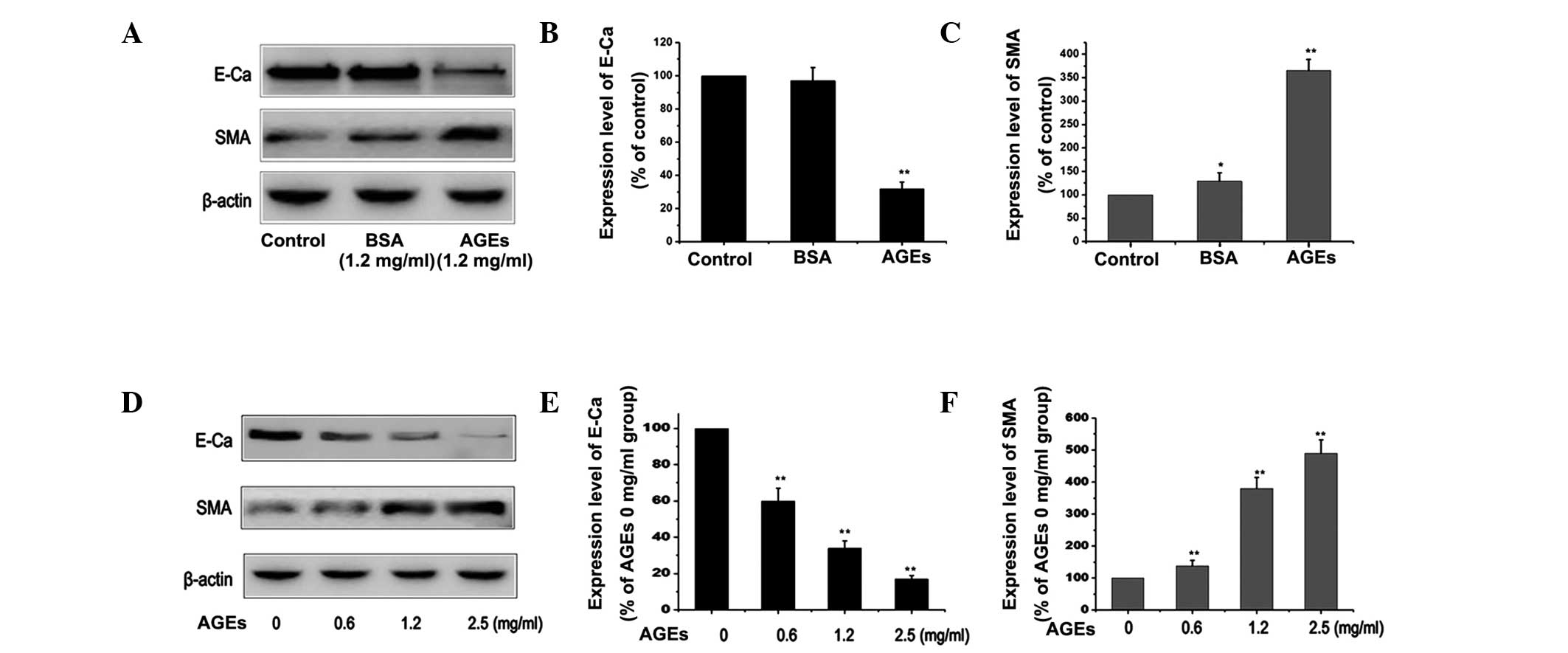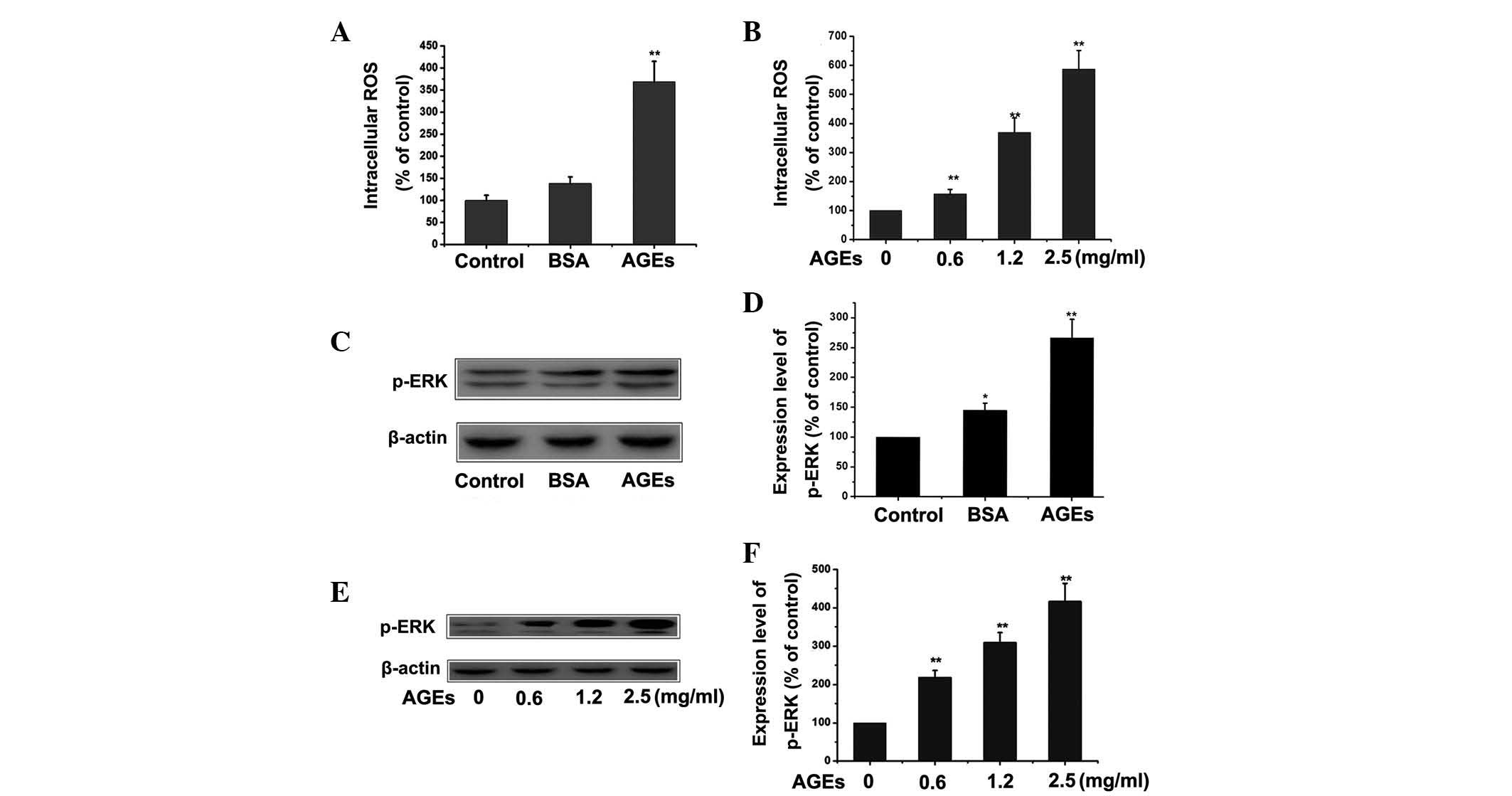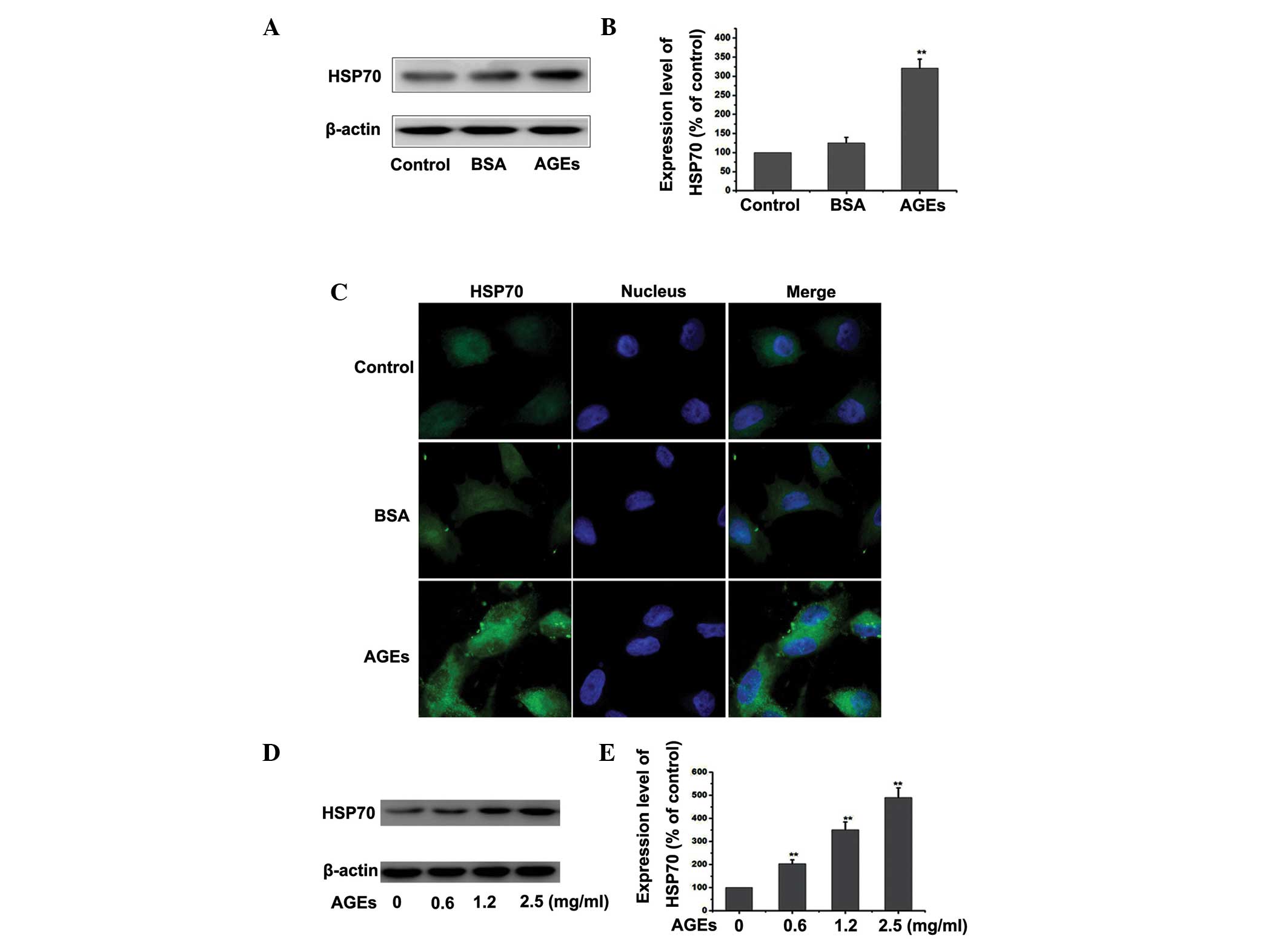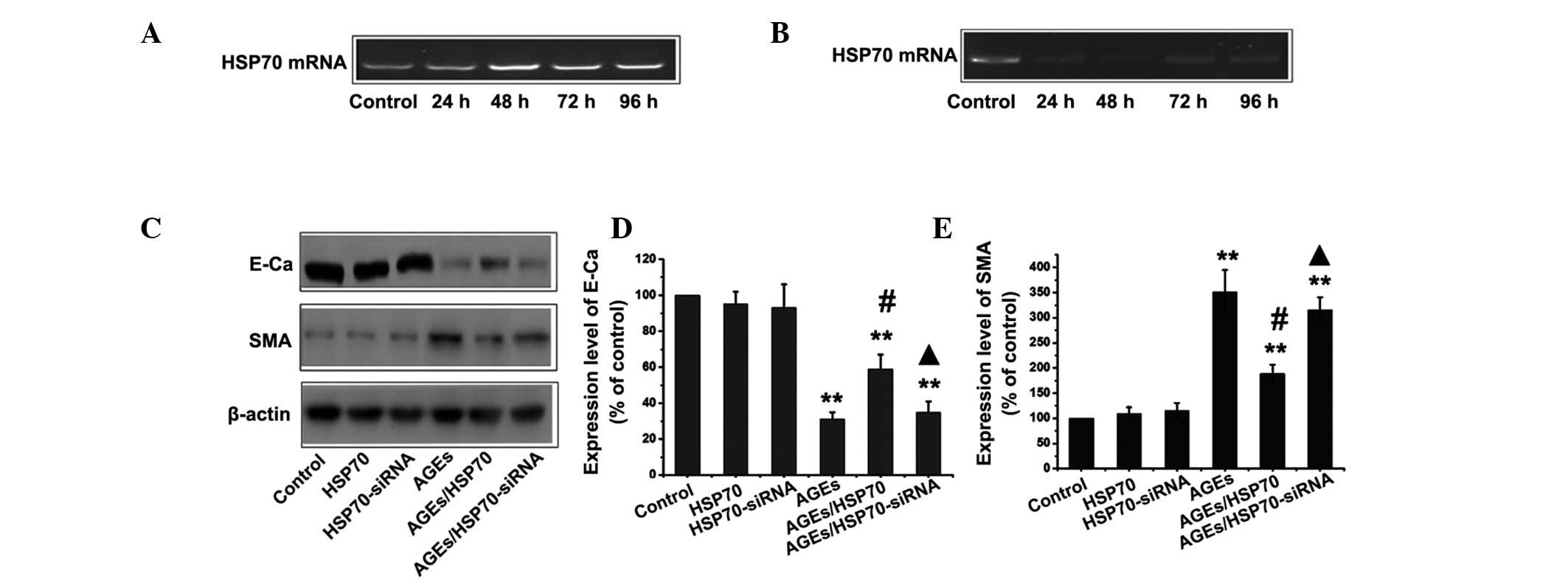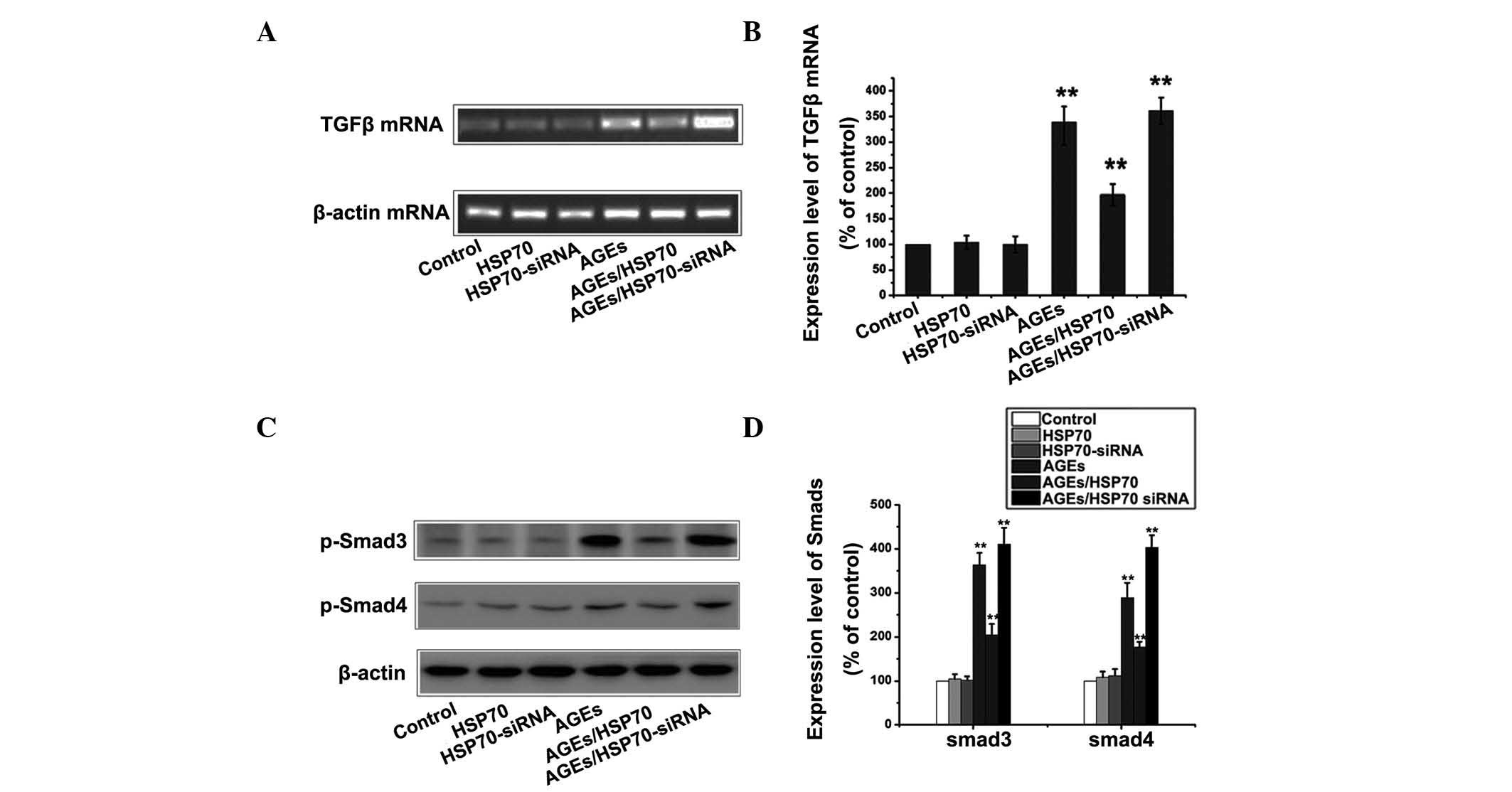|
1
|
Bargman JM: Advances in peritoneal
dialysis: a review. Semin Dial. 25:545–549. 2012. View Article : Google Scholar : PubMed/NCBI
|
|
2
|
Chou CY, Liang CC, Kuo HL, et al:
Comparing risk of new onset diabetes mellitus in chronic kidney
disease patients receiving peritoneal dialysis and hemodialysis
using propensity score matching. PLoS One. 9:e878912014. View Article : Google Scholar : PubMed/NCBI
|
|
3
|
Jain AK, Blake P, Cordy P and Garg AX:
Global trends in rates of peritoneal dialysis. J Am Soc Nephrol.
23:533–544. 2012. View Article : Google Scholar : PubMed/NCBI
|
|
4
|
Williams JD, Craig KJ, Topley N, Von
Ruhland C, Fallon M, Newman GR, Mackenzie RK and Williams GT;
Peritoneal Biopsy Study Group: Morphologic changes in the
peritoneal membrane of patients with renal disease. J Am Soc
Nephrol. 13:470–479. 2002.PubMed/NCBI
|
|
5
|
Li XJ, Sun L, Xiao L and Liu FY: Gene
delivery in peritoneal dialysis related peritoneal fibrosis
research. Chin Med J (Engl). 125:2219–2224. 2012.
|
|
6
|
Zhang J, Bi M, Zhong F, Jiao X, Zhang D
and Dong Q: Role of CIP4 in high glucose induced
epithelial-mesenchymal transition of rat peritoneal mesothelial
cells. Ren Fail. 35:989–995. 2013. View Article : Google Scholar : PubMed/NCBI
|
|
7
|
Baroni G, Schuinski AF, Berticelli PT,
Silva MA, Gouveia DS, Pecoits Filho R and Meyer F: The influence of
simvastatin in induced peritoneal fibrosis in rats by peritoneal
dialysis solution with glucosis 4.25%. Acta Cir Bras. 27:350–356.
2012. View Article : Google Scholar : PubMed/NCBI
|
|
8
|
Nakamura S and Niwa T: Advanced glycation
end-products and peritoneal sclerosis. Semin Nephrol. 24:502–505.
2004. View Article : Google Scholar : PubMed/NCBI
|
|
9
|
Witowski J, Bender TO, Gahl GM, Frei U and
Jörres A: Glucose degradation products and peritoneal membrane
function. Perit Dial Int. 21:201–205. 2001.PubMed/NCBI
|
|
10
|
Mayer MP and Bukau B: Hsp70 chaperones:
cellular functions and molecular mechanism. Cell Mol Life Sci.
62:670–84. 2005. View Article : Google Scholar : PubMed/NCBI
|
|
11
|
National Research Council (US) Institute
for Laboratory Animal Research: Guide for the care and Use of
Laboratory Animals. National Academies Press; Washington (DC), WA,
USA: pp. 86–23. 1996
|
|
12
|
Neil JR, Johnson KM, Nemenoff RA and
Schiemann WP: Cox-2 inactivates Smad signaling and enhances EMT
stimulated by TGF-beta through a PGE2-dependent mechanisms.
Carcinogenesis. 29:2227–2235. 2008. View Article : Google Scholar : PubMed/NCBI
|
|
13
|
Elsum IA, Martin C and Humbert PO:
Scribble regulates an EMT polarity pathway through modulation of
MAPK-ERK signaling to mediate junction formation. J Cell Sci.
126:3990–3999. 2013. View Article : Google Scholar : PubMed/NCBI
|
|
14
|
Xie L, Law BK, Chytil AM, Brown KA, Aakre
ME and Moses HL: Activation of the Erk pathway is required for
TGF-beta1-induced EMT in vitro. Neoplasia. 6:603–610. 2004.
View Article : Google Scholar : PubMed/NCBI
|
|
15
|
Mikuriya T, Sugahara K, Takemoto T, Tanaka
K, Takeno K, Shimogori H, Nakai A and Yamashita H:
Geranylgeranylacetone, a heat shock protein inducer, prevents
acoustic injury in the guinea pig. Brain Res. 1065:107–114. 2005.
View Article : Google Scholar : PubMed/NCBI
|
|
16
|
Aso Y, Inukai T, Tayama K and Takemura Y:
Serum concentrations of advanced glycation endproducts are
associated with the development of atherosclerosis as well as
diabetic microangiopathy in patients with type 2 diabetes. Acta
Diabetol. 37:87–92. 2000. View Article : Google Scholar
|
|
17
|
Wang X, Desai K, Juurlink BH, de Champlain
J and Wu L: Gender-related differences in advanced glycation
endproducts, oxidative stress markers and nitric oxide synthases in
rats. Kidney Int. 69:281–287. 2006. View Article : Google Scholar : PubMed/NCBI
|
|
18
|
Yamabe N, Kang KS, Park CH, Tanaka T and
Yokozawa T: 7-O-galloyl-D-sedoheptulose is a novel therapeutic
agent against oxidative stress and advanced glycation endproducts
in the diabetic kidney. Biol Pharm Bull. 32:657–664. 2009.
View Article : Google Scholar : PubMed/NCBI
|
|
19
|
Thornalley PJ: Glycation free adduct
accumulation in renal disease: the new AGE. Pediatr Nephrol.
20:1515–1522. 2005. View Article : Google Scholar : PubMed/NCBI
|
|
20
|
Roche J, Nasarre P, Gemmill R, Baldys A,
Pontis J, Korch C, Guilhot J, Ait-Si-Ali S and Drabkin H: Global
decrease of histone H3k27 acetylation in ZEB1-induced epithelial to
mesenchymal transition in lung cancer cells. Cancers (Basel).
5:334–356. 2013. View Article : Google Scholar
|
|
21
|
Fang CC, Huang JW, Shyu RS, Yen CJ, Shiao
CH, Chiang CK, Hu RH and Tsai TJ: Fibrin-induced
epithelial-to-mesenchymal transition of peritoneal mesothelial
cells as a mechanism of peritoneal fibrosis: effects of
pentoxifylline. PLoS One. 7:e447652012. View Article : Google Scholar : PubMed/NCBI
|
|
22
|
Smith AL, Iwanaga R, Drasin DJ, Micalizzi
DS, Vartuli RL, Tan AC and Ford HL: The miR-106b-25 cluster targets
Smad7, activates TGF-β signaling and induces EMT and tumor
initiating cell characteristics downstream of Six1 in human breast
cancer. Oncogene. 31:5162–5171. 2012. View Article : Google Scholar : PubMed/NCBI
|
|
23
|
Selim ME, Rashed el HA, Aleisa NA and
Daghestani MH: The protection role of heat shock protein 70
(HSP-70) in the testes of cadmium-exposed rats. Bioinformation.
8:58–64. 2012. View Article : Google Scholar : PubMed/NCBI
|















